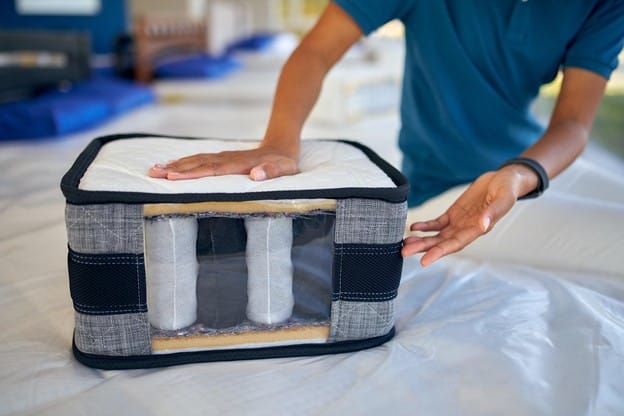1. Professional plumber for clogged kitchen sink drain repair
If you're dealing with a clogged kitchen sink drain, the first thing that may come to mind is to call a professional plumber. And that's not a bad idea at all. In fact, it's often the best solution for a persistent clog that just won't budge.
A professional plumber has the necessary knowledge, experience, and tools to quickly and effectively repair a clogged kitchen sink drain. They can also identify any underlying issues that may be causing the clog and take necessary measures to prevent future clogs.
So if you're tired of dealing with a slow or completely blocked kitchen sink drain, it may be time to call in the professionals.
2. DIY tips for unclogging a kitchen sink drain
While a professional plumber can handle even the toughest clogs, there are some simple DIY tips that you can try before picking up the phone. These methods are usually best for minor clogs and may not be effective for more severe clogs.
Some common DIY solutions for unclogging a kitchen sink drain include using a plunger, pouring hot water down the drain, or using a homemade mixture of baking soda and vinegar to break up the clog. However, be cautious when using chemicals or other harsh products, as they can damage your pipes and worsen the clog.
If these methods don't work, it's time to call in a professional to avoid causing further damage to your pipes.
3. Common causes of clogged kitchen sink drains
To prevent clogs in the future, it's important to understand what can cause them in the first place. The most common culprits for clogged kitchen sink drains include food scraps, grease and oil buildup, soap scum, and even small objects accidentally dropped down the drain.
To prevent these substances from causing clogs, it's important to use a sink strainer to catch large food particles, avoid pouring grease and oil down the drain, and regularly clean your sink and drain to remove any buildup.
4. How to prevent clogs in kitchen sink drains
Prevention is key when it comes to keeping your kitchen sink drains clog-free. In addition to avoiding common causes of clogs, there are other steps you can take to prevent them from happening.
One simple way to prevent clogs is to run hot water down the drain after each use. This helps to flush away any remaining debris and prevent buildup. You can also use a mixture of baking soda and vinegar once a month to keep your drains clear and odor-free.
Regular maintenance and being mindful of what goes down your sink can go a long way in preventing clogs and costly repairs.
5. Chemical-free methods for unclogging a kitchen sink drain
If you prefer to use natural methods, there are several chemical-free options for unclogging a kitchen sink drain. These methods are not only safer for your pipes, but also for the environment.
Some chemical-free options include using a plunger, a plumbing snake, or a mixture of baking soda and vinegar. Another effective method is using a wet and dry vacuum to suck out the clog. These methods may take a bit more effort, but they are gentler on your plumbing and can still effectively remove clogs.
6. Signs that your kitchen sink drain may need repair
If you're experiencing frequent clogs or slow draining in your kitchen sink, it may be a sign that your drain needs repair. Other signs to watch out for include foul odors, gurgling sounds, and water backing up into other fixtures.
Ignoring these signs can lead to bigger problems down the road, so it's important to address them as soon as possible. A professional plumber can inspect your drain and determine the best course of action to repair it.
7. Tools needed for repairing a clogged kitchen sink drain
If you're planning to tackle a clogged kitchen sink drain on your own, it's important to have the right tools on hand. Some essential tools for this job include a plunger, a plumbing snake or auger, and a wet and dry vacuum.
It's also helpful to have some basic household items such as baking soda, vinegar, and hot water. These can be used in chemical-free methods for unclogging a drain.
However, if you're not comfortable using these tools or are unsure of the cause of the clog, it's best to call a professional plumber to avoid causing further damage.
8. How to use a plunger to unclog a kitchen sink drain
A plunger is a common tool for unclogging drains and can be effective for kitchen sink clogs as well. To use a plunger, place it over the drain and create a seal. Then, push and pull in quick motions to create suction and dislodge the clog.
If the plunger doesn't work, you may need to try a different method or call a professional for assistance.
9. Professional tips for repairing a clogged kitchen sink drain
If you're planning to tackle a clogged kitchen sink drain on your own, it's important to follow some professional tips to ensure a successful repair. One important tip is to avoid using harsh chemicals, as they can damage your pipes and worsen the clog.
It's also important to be cautious when using tools such as plumbing snakes, as they can also cause damage if not used properly. If you're unsure of how to use a tool or are not seeing any progress, it's best to call a professional for assistance.
10. Importance of regular maintenance for kitchen sink drains to prevent clogs
Regular maintenance is crucial for preventing clogs in your kitchen sink drain. This includes cleaning your sink and drain regularly, running hot water down the drain after each use, and being mindful of what goes down the drain.
Investing in regular maintenance can save you from costly repairs and the inconvenience of dealing with clogs in the future. And if a clog does occur, it's best to address it promptly to avoid further damage and potential health hazards.
In conclusion, a clogged kitchen sink drain can be a major inconvenience, but luckily, there are professional plumbers and DIY methods available to help you get your drain running smoothly again. By being proactive in preventing clogs and addressing them promptly, you can keep your kitchen sink drain in good working condition for years to come.
How to Keep Your Kitchen Sink Drain Unclogged: Tips and Tricks

Introduction
 Keeping your kitchen sink drain free from clogs is an essential part of maintaining a functional and hygienic kitchen. A clogged sink not only creates a messy and unpleasant environment but can also lead to more significant plumbing issues if left untreated. Therefore, it's crucial to know how to prevent and repair a clogged kitchen sink drain. In this article, we will discuss some useful tips and tricks to help you keep your kitchen sink drain unclogged and avoid any potential plumbing disasters.
Keeping your kitchen sink drain free from clogs is an essential part of maintaining a functional and hygienic kitchen. A clogged sink not only creates a messy and unpleasant environment but can also lead to more significant plumbing issues if left untreated. Therefore, it's crucial to know how to prevent and repair a clogged kitchen sink drain. In this article, we will discuss some useful tips and tricks to help you keep your kitchen sink drain unclogged and avoid any potential plumbing disasters.
Regularly Flush Your Drain
 One of the most effective ways to prevent a clogged kitchen sink drain is by regularly flushing it with hot water. This simple method can help break down any buildup of food particles, grease, and other debris that may be stuck in your drain.
Hot water
helps dissolve these substances and allows them to flow smoothly down the drain, preventing them from accumulating and causing a clog. Make it a habit to run hot water through your sink drain after every use, especially if you have just finished cooking or washing dishes.
One of the most effective ways to prevent a clogged kitchen sink drain is by regularly flushing it with hot water. This simple method can help break down any buildup of food particles, grease, and other debris that may be stuck in your drain.
Hot water
helps dissolve these substances and allows them to flow smoothly down the drain, preventing them from accumulating and causing a clog. Make it a habit to run hot water through your sink drain after every use, especially if you have just finished cooking or washing dishes.
Use a Drain Strainer
 Another way to prevent clogs from forming in your kitchen sink drain is by using a
drain strainer
. This handy tool acts as a filter, trapping any food particles, hair, or other debris before they can enter the drain and cause a blockage. Simply place the strainer over the drain before washing dishes or cooking, and remove any collected debris after use. Not only does this help keep your drain clog-free, but it also helps prevent unpleasant odors from emanating from your sink.
Another way to prevent clogs from forming in your kitchen sink drain is by using a
drain strainer
. This handy tool acts as a filter, trapping any food particles, hair, or other debris before they can enter the drain and cause a blockage. Simply place the strainer over the drain before washing dishes or cooking, and remove any collected debris after use. Not only does this help keep your drain clog-free, but it also helps prevent unpleasant odors from emanating from your sink.
Avoid Pouring Grease Down the Drain
 Pouring grease and fats down the kitchen sink drain is one of the most common causes of clogs. When these substances cool down, they solidify and can stick to the walls of your pipes, creating a blockage.
Avoid pouring grease and fats
down the drain by disposing of them in a separate container and throwing it in the trash once it has cooled and solidified.
Pouring grease and fats down the kitchen sink drain is one of the most common causes of clogs. When these substances cool down, they solidify and can stick to the walls of your pipes, creating a blockage.
Avoid pouring grease and fats
down the drain by disposing of them in a separate container and throwing it in the trash once it has cooled and solidified.
Try Natural Drain Cleaners
 If you do end up with a clogged kitchen sink drain, try using a natural drain cleaner before resorting to harsh chemicals.
Baking soda and vinegar
are excellent options for breaking down clogs and deodorizing your drain at the same time. Simply pour a cup of baking soda down the drain, followed by a cup of vinegar. Let it sit for a few minutes, then flush it with hot water. This combination creates a chemical reaction that can help dissolve clogs and keep your drain smelling fresh.
If you do end up with a clogged kitchen sink drain, try using a natural drain cleaner before resorting to harsh chemicals.
Baking soda and vinegar
are excellent options for breaking down clogs and deodorizing your drain at the same time. Simply pour a cup of baking soda down the drain, followed by a cup of vinegar. Let it sit for a few minutes, then flush it with hot water. This combination creates a chemical reaction that can help dissolve clogs and keep your drain smelling fresh.
Conclusion
 Taking care of your kitchen sink drain is essential for maintaining a functional and hygienic kitchen. By regularly flushing your drain, using a drain strainer, avoiding pouring grease down the drain, and trying natural drain cleaners, you can prevent clogs and keep your kitchen sink drain running smoothly. However, if you do encounter a stubborn clog, it's always best to seek professional help to avoid causing any damage to your plumbing system. Remember, prevention is key, so make sure to incorporate these tips and tricks into your routine to keep your kitchen sink drain unclogged and your kitchen in top shape.
Taking care of your kitchen sink drain is essential for maintaining a functional and hygienic kitchen. By regularly flushing your drain, using a drain strainer, avoiding pouring grease down the drain, and trying natural drain cleaners, you can prevent clogs and keep your kitchen sink drain running smoothly. However, if you do encounter a stubborn clog, it's always best to seek professional help to avoid causing any damage to your plumbing system. Remember, prevention is key, so make sure to incorporate these tips and tricks into your routine to keep your kitchen sink drain unclogged and your kitchen in top shape.

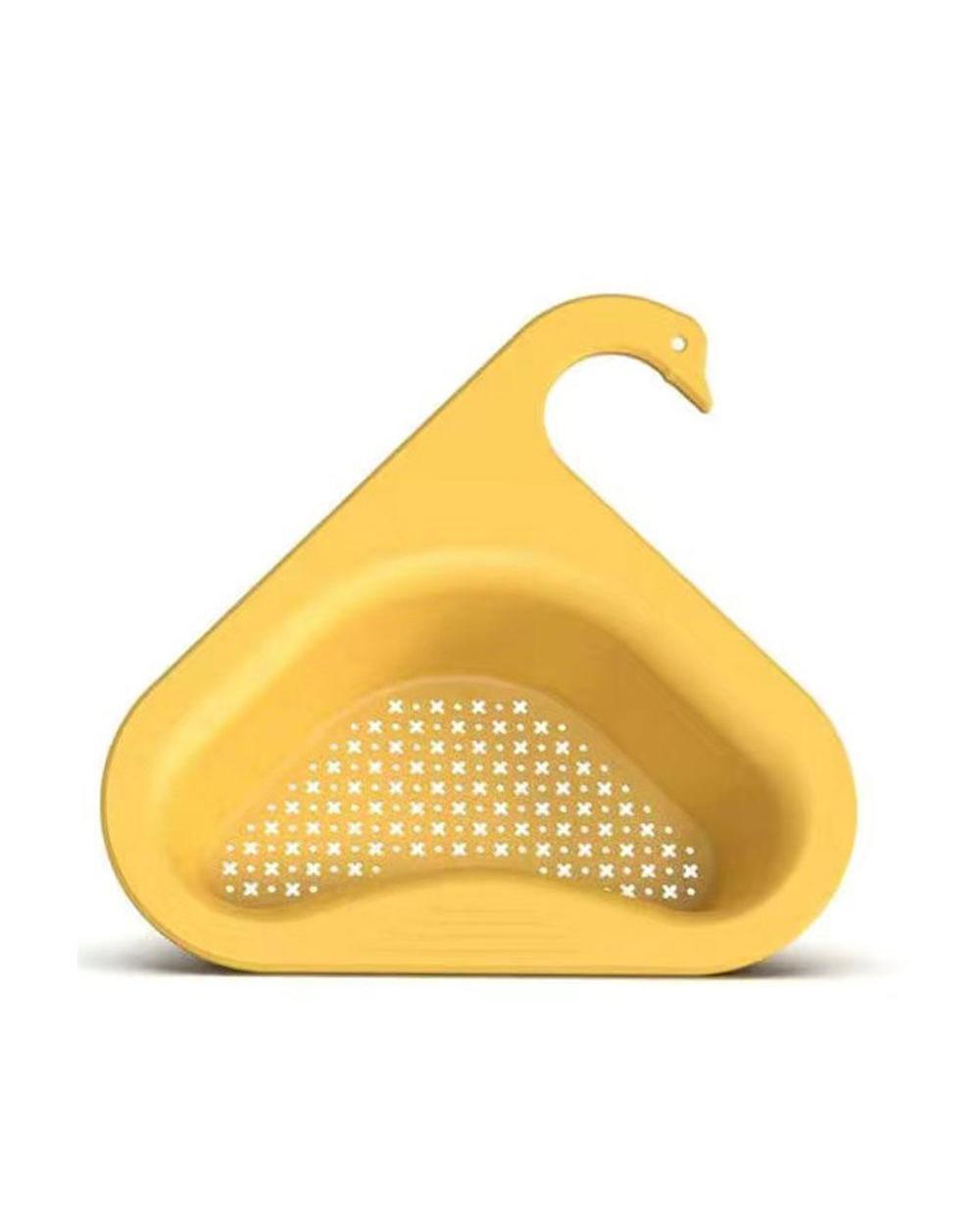




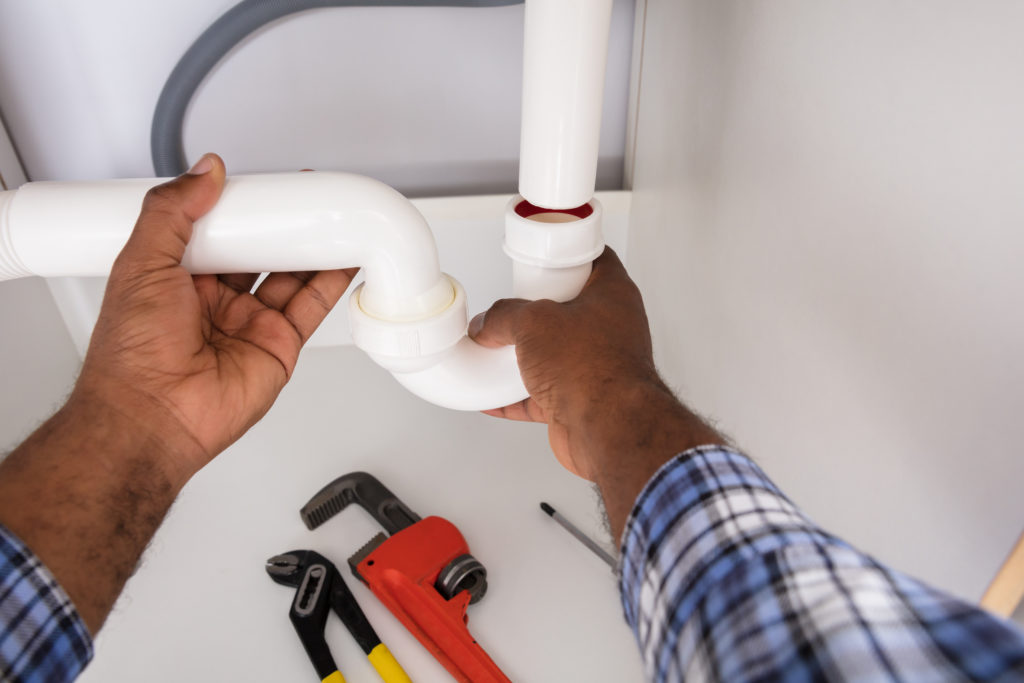
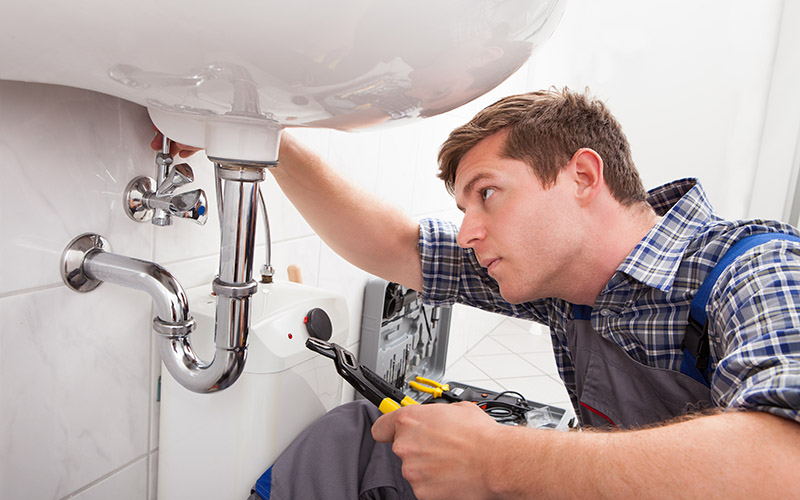








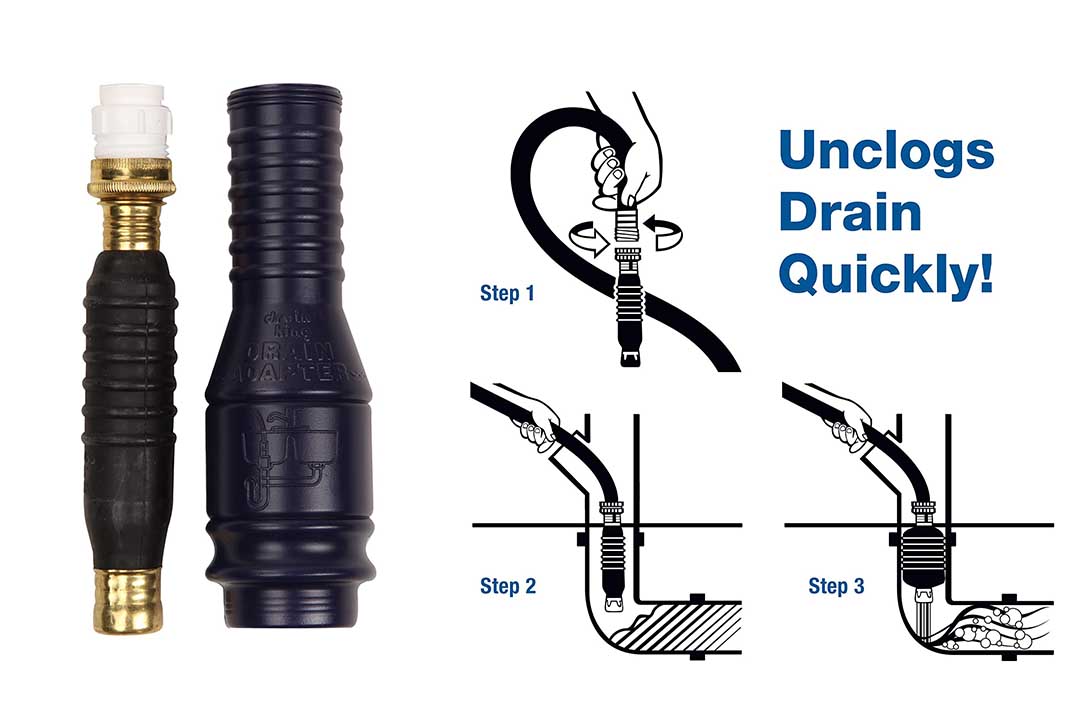
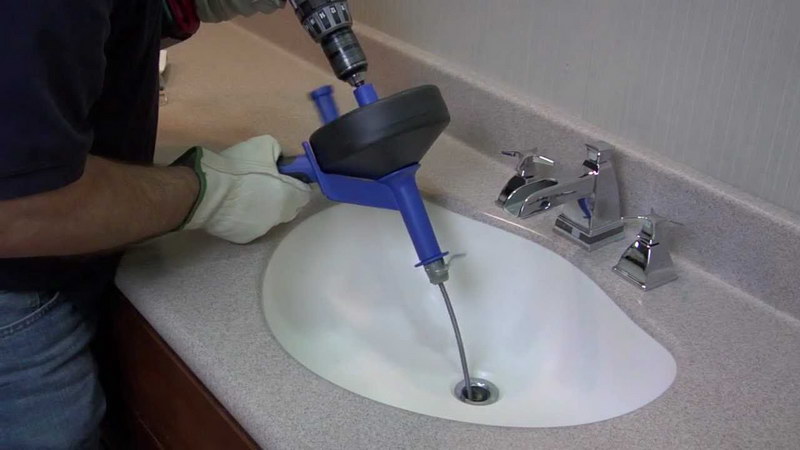






/signs-of-a-sewer-drain-clog-2718943_FINAL-7306dab348804135897b63a4411cdfdf.png)

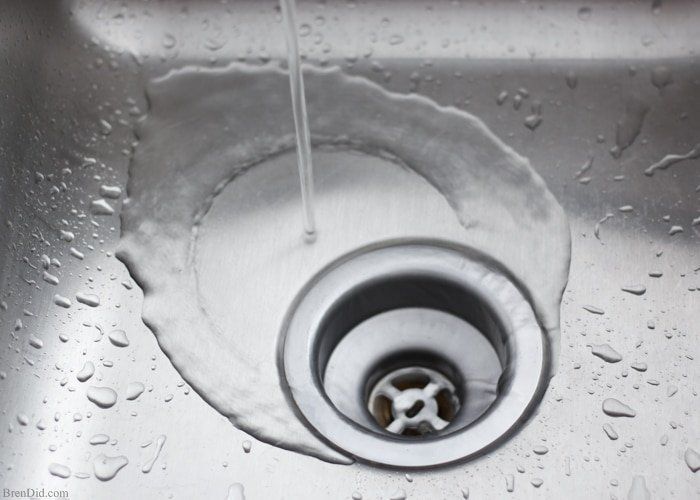
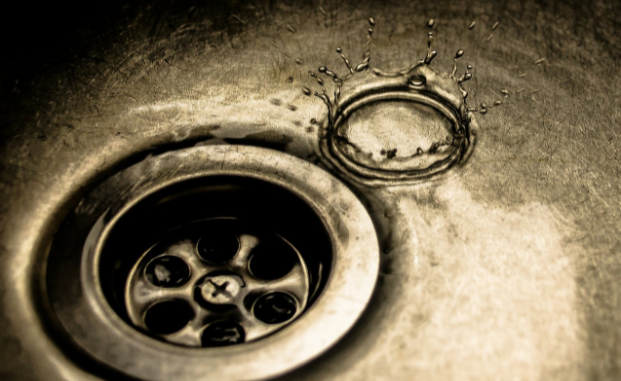



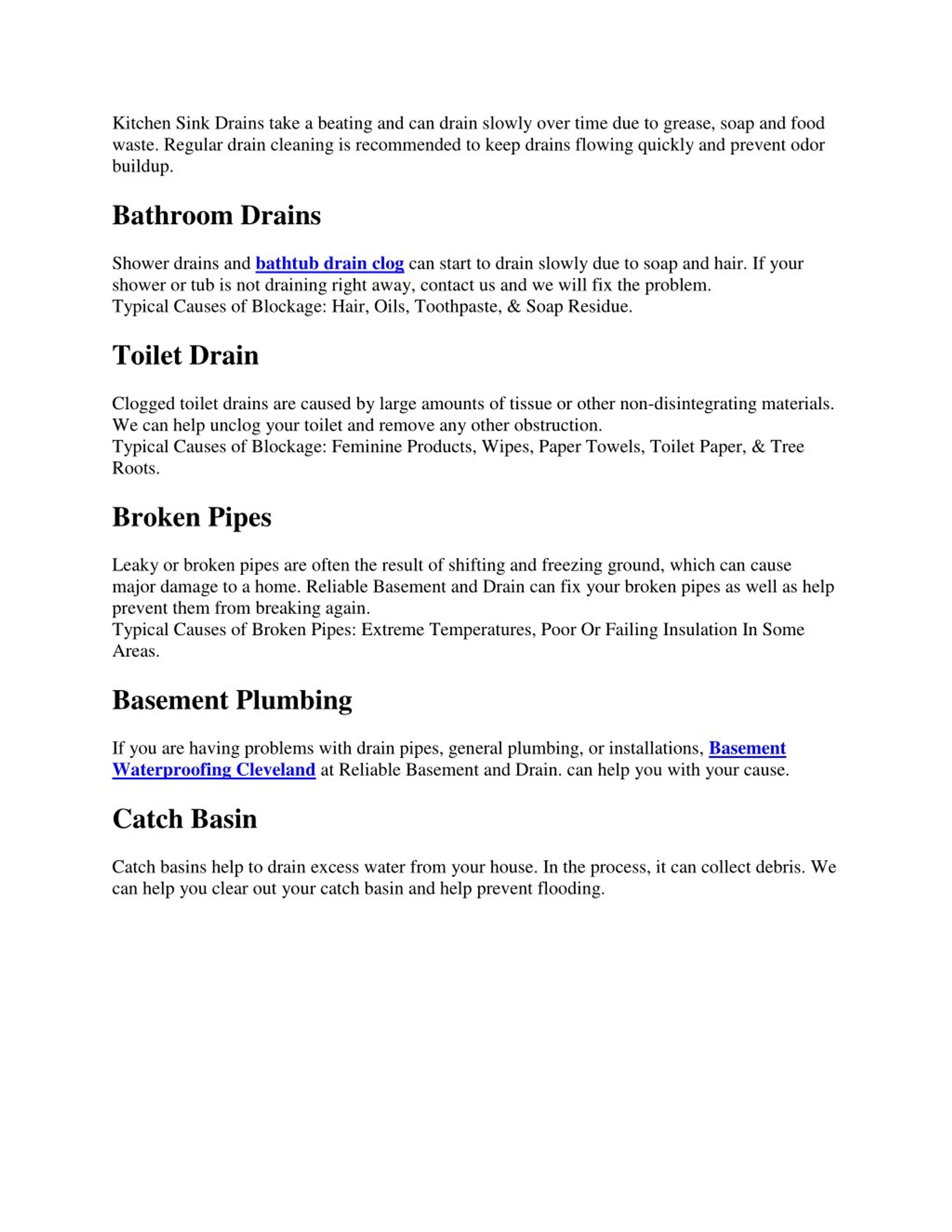








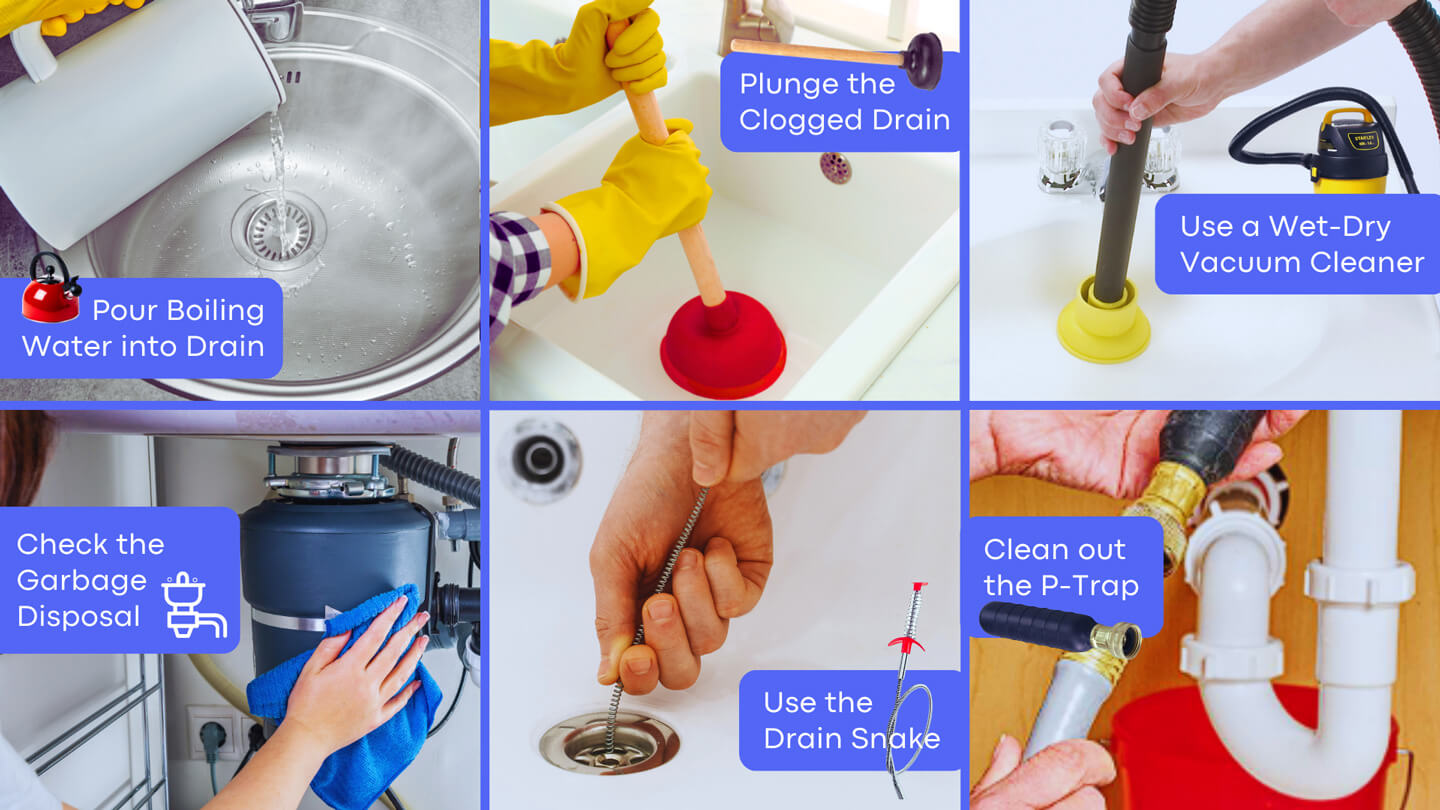





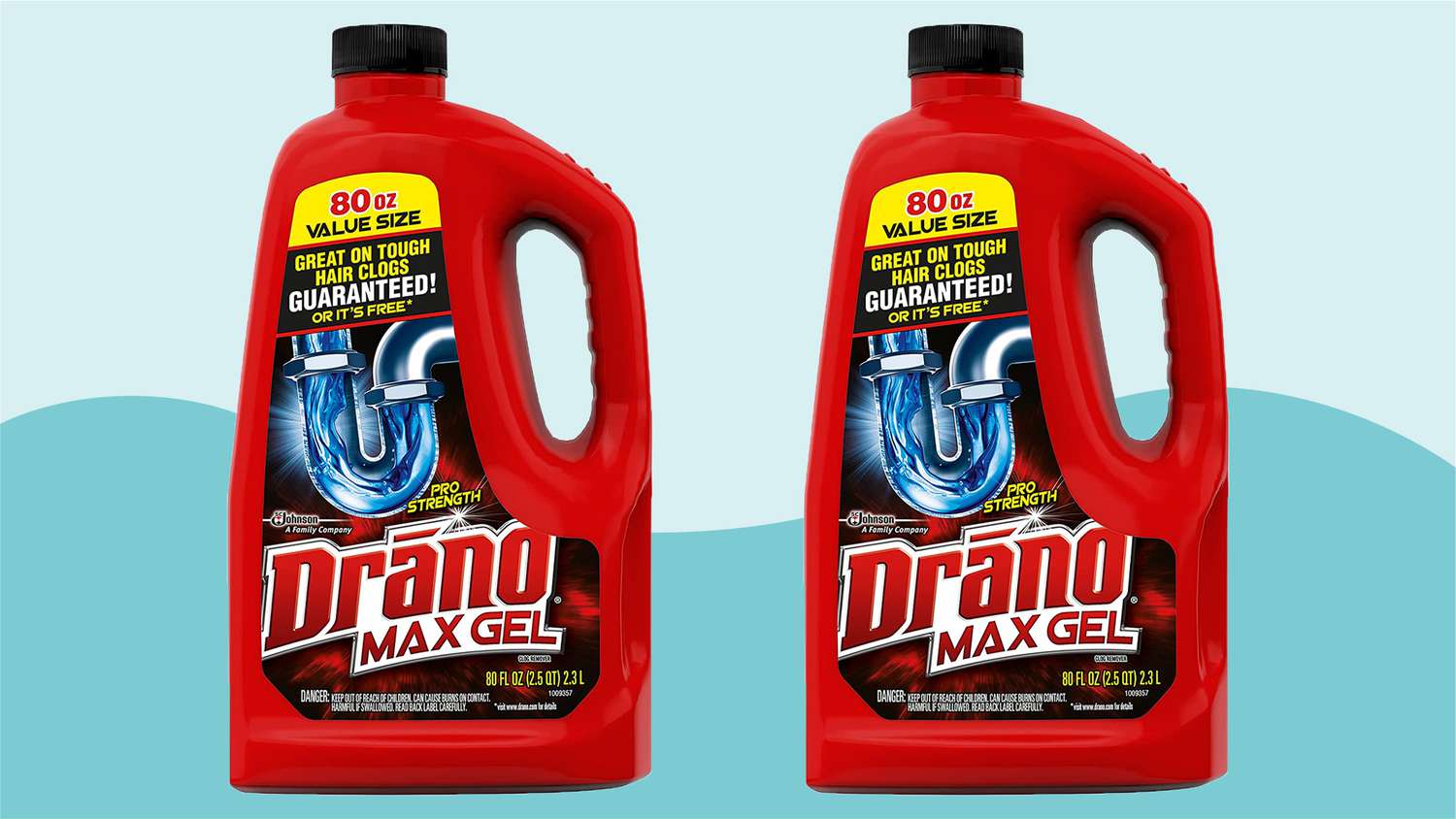










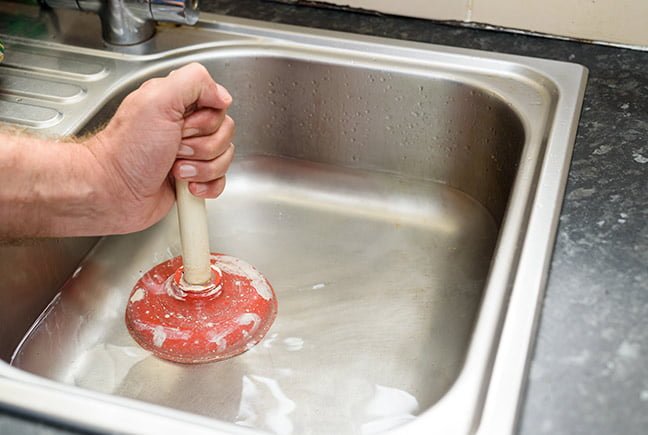




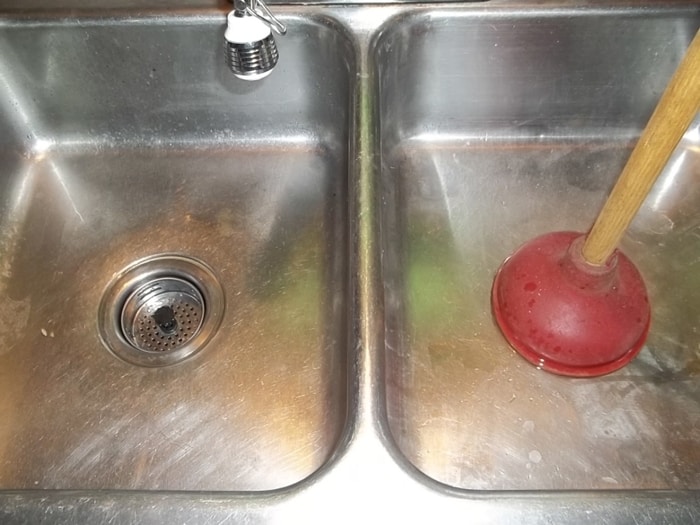
:max_bytes(150000):strip_icc()/toilette-plunger--92314164-873564a34a3441058f00a8d6fc1f0441.jpg)


:max_bytes(150000):strip_icc()/how-to-unclog-a-kitchen-sink-2718799_sketch_FINAL-8c5caa805a69493ab22dfb537c72a1b7.png)




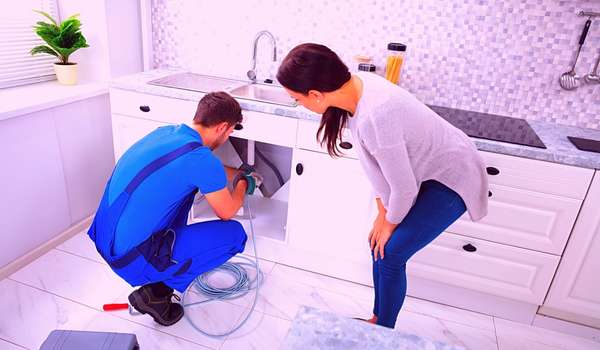
:max_bytes(150000):strip_icc()/how-to-install-a-sink-drain-2718789-hero-24e898006ed94c9593a2a268b57989a3.jpg)
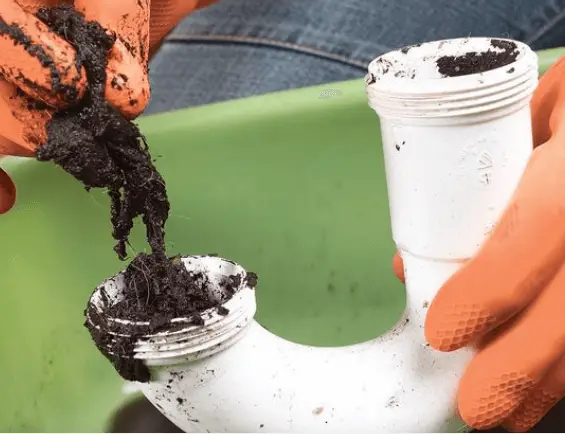

:max_bytes(150000):strip_icc()/Blue-and-white-condo-living-room-Gacek-Design-Group-586e751d3df78c17b6334668.jpg)
